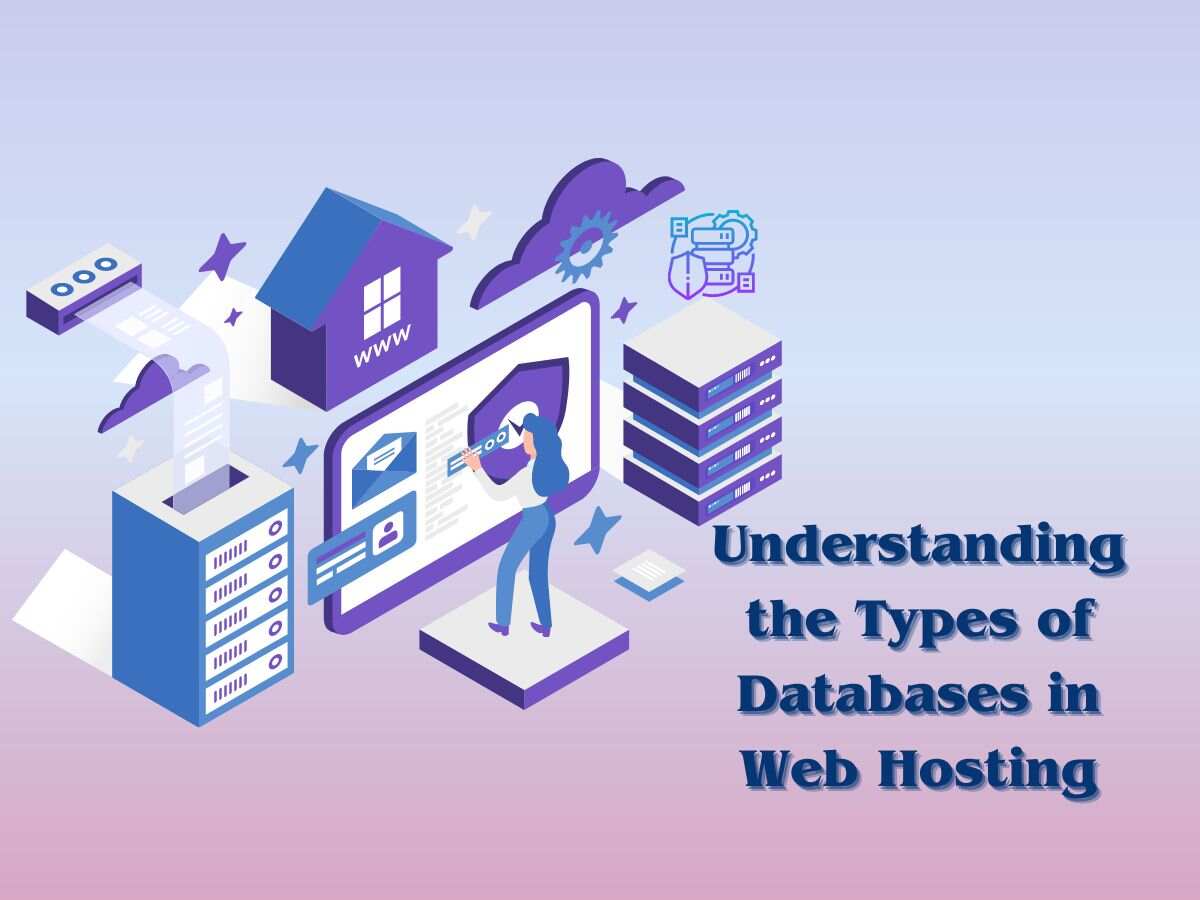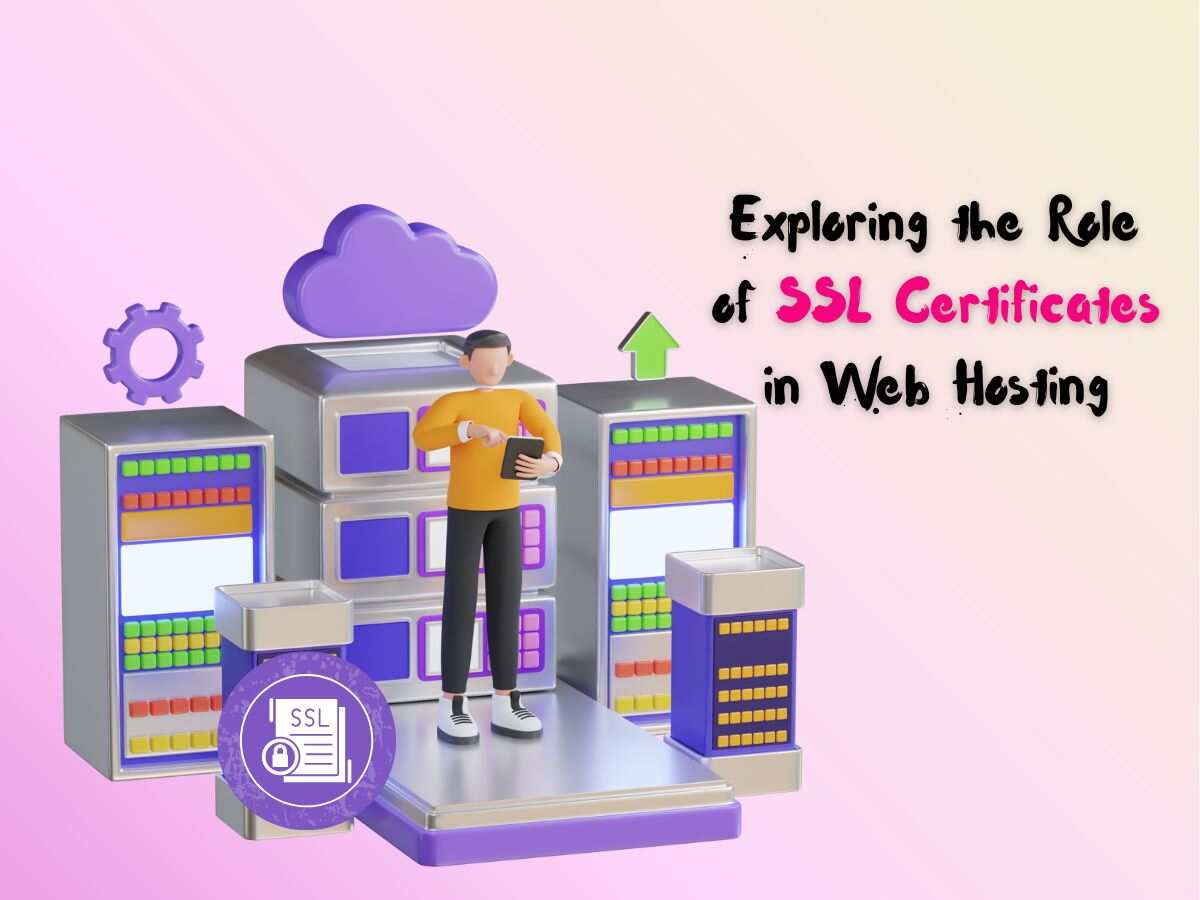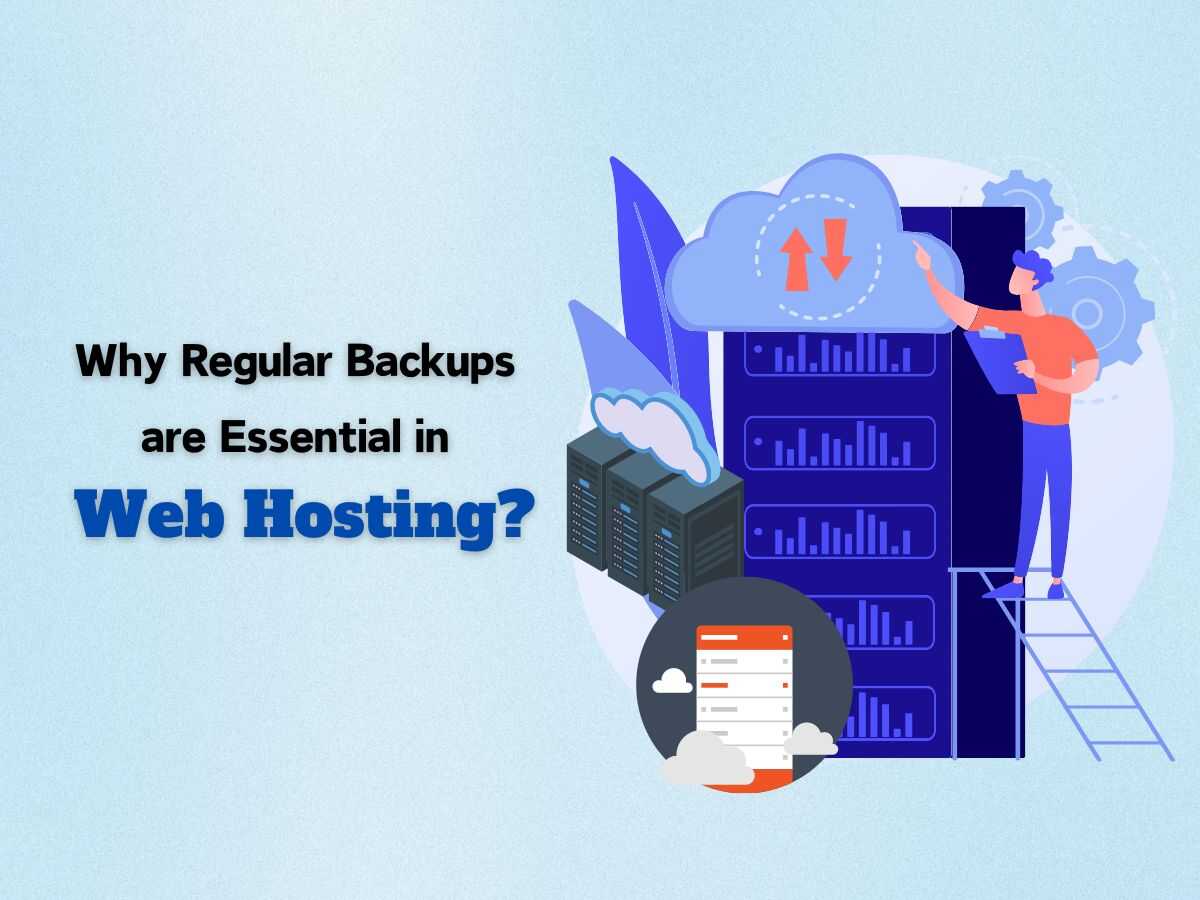
Understanding the Types of Databases in Web Hosting
Databases play an indispensable role in web hosting. They store, manage, and retrieve the data that make up a website, such as user profiles, posts, comments, and other dynamic content. This means the choice of a database management system (DBMS) can have a major impact on a website’s performance, functionality, and scalability. So, what types of databases are commonly used in web hosting? And what are their differences? This blog post will delve into this topic to help you understand more about databases in web hosting.
Types of Databases
There are several types of databases used in web hosting, each with its own unique capabilities and features. While the specifics can be quite complicated, we will discuss the most common types used in the context of web hosting:
1. Relational Databases
A relational database structures its data into tables, somewhat like a spreadsheet, where each row represents a data item and the columns represent the item’s properties. This type of database is known for its ability to minimize data redundancy, complex querying, and data integrity.
MySQL: MySQL is one of the most popular open-source relational databases used in web hosting. It’s widely used in combination with PHP to power web applications like WordPress and Drupal.
PostgreSQL: PostgreSQL is another open-source relational database known for its extendability and compliance with SQL standards. It’s known for its robustness and ability to handle complex operations.
MariaDB: MariaDB was created as a fork of MySQL by the original developers of MySQL. It provides an open-source alternative to MySQL, with more features, speed, and stability.
2. NoSQL Databases
Unlike the table-based structure employed by relational databases, NoSQL databases utilize a variety of data models—like key-value, graph, wide-column, or document—and are designed for large-scale data storage and for handling flexible data models.
MongoDB: MongoDB is a popular open-source NoSQL database known for its scalability and flexibility. It’s excellent for cloud-based applications and handling big data.
CouchDB: CouchDB utilizes a document model, where data objects are stored in individual documents. Known for its replication and scaling capabilities, it is a good choice for distributed web applications.
3. NewSQL Databases
NewSQL databases combine the robustness and reliability of traditional SQL databases with the scalability of NoSQL databases. They’re designed to overcome the limitations of SQL databases, particularly in cloud environments.
CockroachDB: CockroachDB is an open-source NewSQL database designed to be distributed and globally scalable while maintaining data consistency.
VoltDB: VoltDB is an in-memory NewSQL database designed for high-speed data processing, ideal for applications that require high throughput and low latency.
Factors to Consider When Choosing a Databases in Web Hosting
Selecting a database for your web hosting depends on several factors:
1. Data Structure: If your data fits into a structured table-like format, a relational DBMS like MySQL or PostgreSQL might suit you. If not, a NoSQL or NewSQL DBMS might be better.
2. Scalability: If your website anticipates rapid growth requiring horizontal scaling (across multiple servers), you might want to consider NoSQL or NewSQL databases.
3. Speed and Performance: Memory-based NewSQL databases (like VoltDB) ensure high speed.
4. Complexity of Queries: Relational databases are good at handling complex queries due to their structured nature.
5. Hosting Provider: Your web host might only support certain types of databases. Shared hosting providers typically provide MySQL, but if you’re using VPS or dedicated hosting, you may have more options.
Conclusion
The type of database you choose can significantly impact your website’s performance, functionality, and scalability. Understanding the strengths and considerations of each database type can help you make an informed choice that best fits your web hosting needs—that’s why it’s worth taking the time to explore your options and needs in the context of databases.







